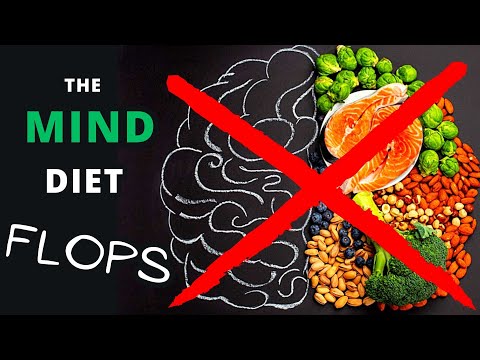I’m still slowly reducing sodium intake. My average for the last week was at 772mg and I’m feeling slightly better in general. The one thing that stands out as different is that I was having some intermittent post covid (from November) reactive airway episodes that completely stopped. It might just be a coincidence though.
This is really low sodium. I am just thinking that while I was in hospital recovering from surgery I was getting 12000 mg of sodium via IV in a day. My average sodium intake is around 4000mg in past year.
What are you thinking with regards to that?
When you got that huge amount of sodium, did it elevate your BP?
How absurdly a lot of sodium was that.
Yes, quite a bit, it went from 105/65 to 120/75.
Yes, but the U-shaped curve consistently shows up for just about everything, blood parameters, dosing of medications, etc. I examine each case separately, but overall I accept the U-shaped curves until proven otherwise that they are not correct.
It’s a big jump, but still in a healthy range. My BP is between 118-130 systolic. When I was on saline IV it jumped to near 180. I cannot tolerate high sodium at all.
Is that saline? Not sure why they do that.
It’s a customary protocol in hospitals. As soon as you are hospitalized or even come for an outpatient procedure (like endoscopy), they immediately start a saline drip.
They give you all medications via saline IV. They refused to give me serious pain medications after surgery as my BP was “low” so they raised it via saline as well. In hospital BP lower than 120 is considered low. Everybody kept saying my BP is low, but it is quite normal in my opinion.
The more J- and U-shaped mortality curves I see, the more sceptical I become of them.
I sometimes wonder if it’s not better to look at the LDL, HbA1c or whatever parameter your measuring, in a 20yo ?
this short review focuses on the epidemiological and clinical evidence of the relationship between the adherence to Mediterranean dietary patterns and dietary salt restriction in the context of cardiovascular risk.
A very low, low sodium Mediterranean diet or ModiMed diet, has the most evidence of all the diets right now, including compared to Bryan Johnson’s blueprint, although his diet is rich in similar foods. What do you think? Of course there is no absolute certainty, as for most things.
Totally agree, Mediterranean diet is a way to go, probably moderate protein too, sodium I am not sure about absolutely low… probably it is better to go lower than higher for sure. I am trying to lower sodium and it is hard to produce palatable food, hopefully I will get used to it. I like aggressively seasoned food but seems doable to go low.
In terms of diet that offers long term success, enough variability and I would gladly eat every day it is still Luigi Fontana that comes to mind first and his dietary advice.
A big question is what anyone’s serum sodium is. Their sodium handling will vary, but in the end the serum sodium will have an effect.
How much does measuring serum sodium at one point of a day explain the overall exposure to sodium or dehydration over the entire day?
A fair point. I remember some papers point to low serum sodium (135-139) having lower ACM.
I’m so used to cooking without salt (literally zero salt) that food with even normal amount of salt tastes too salty to me. Have difficult time eating restaurant food.
There seems to be different modifications of the Med diet for different purposes. MIND diet for cognition, DASH for blood pressure, ModiMed for depression:
But if you want secret/fancy things, the best evidence is for the Modified Mediterranean Diet (“ModiMed Diet”) studied eg here. The study shows it having an effect size of 1.2, which if taken seriously would imply it’s three to four times as effective as the average antidepressant. I’m not completely convinced about that exact number – it’s hard to placebo-control a diet experiment (since people know if they’re eating better or not), and poorly-placebo-controlled antidepressant trials also appear three to four times more effective than the average antidepressant – but the evidence is certainly compatible with it having very impressive effects.
The MIND diet didn’t detect an effect, or didn’t work in a recent trial:
I wonder why they chose to combine the low sodium approach to improve cognition. It’s consistent with my anecdotal experience possibly due to more easy hydration and speculations about thirst response with aging etc.
